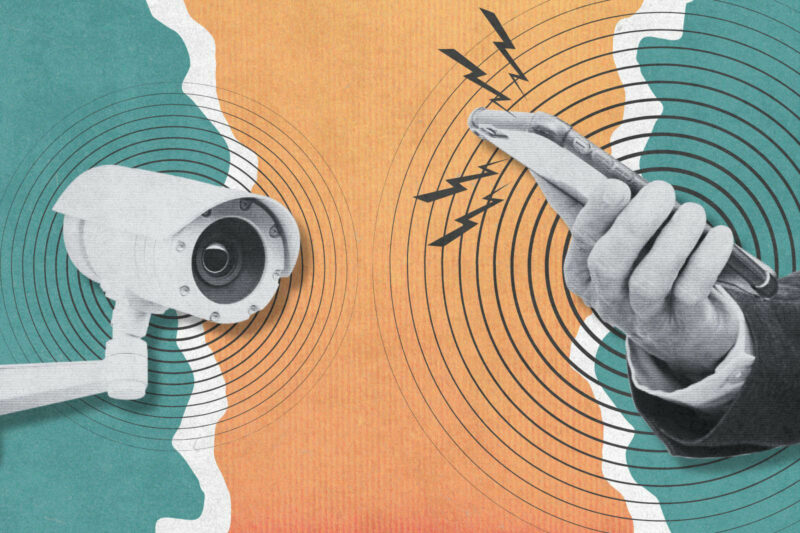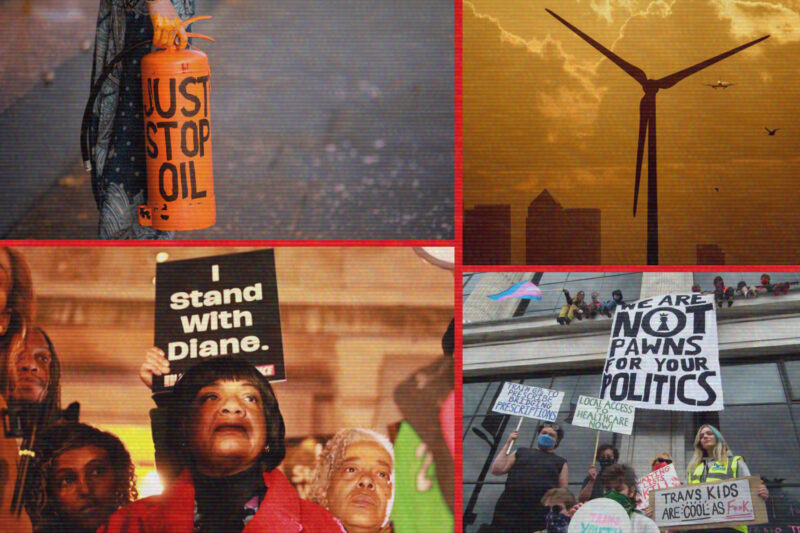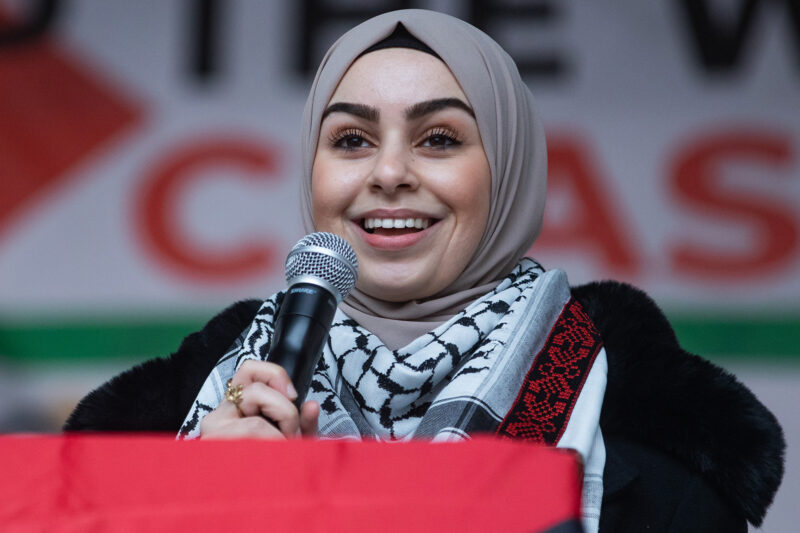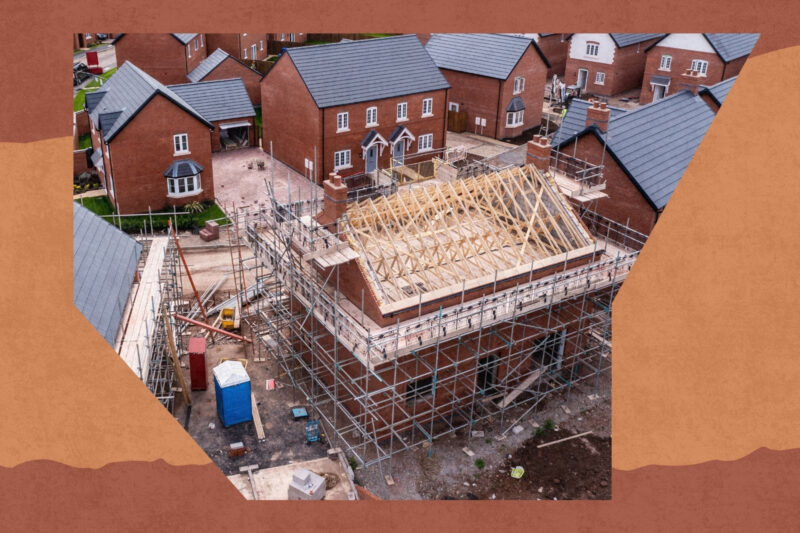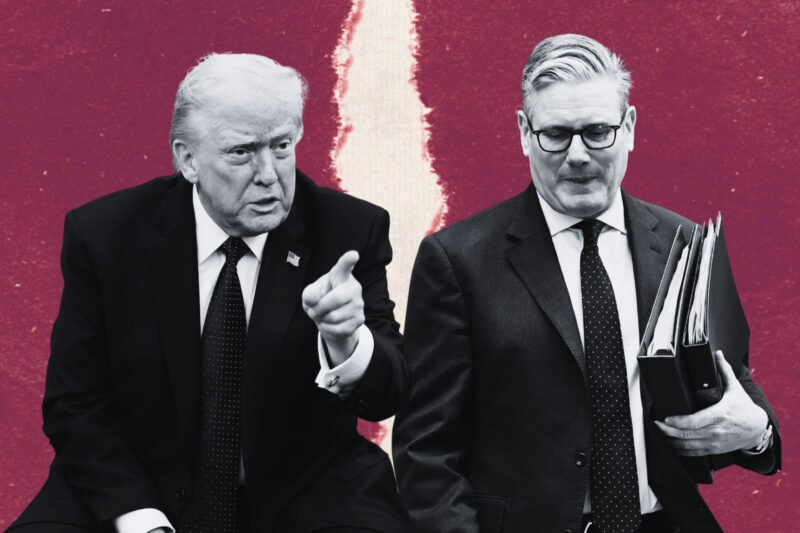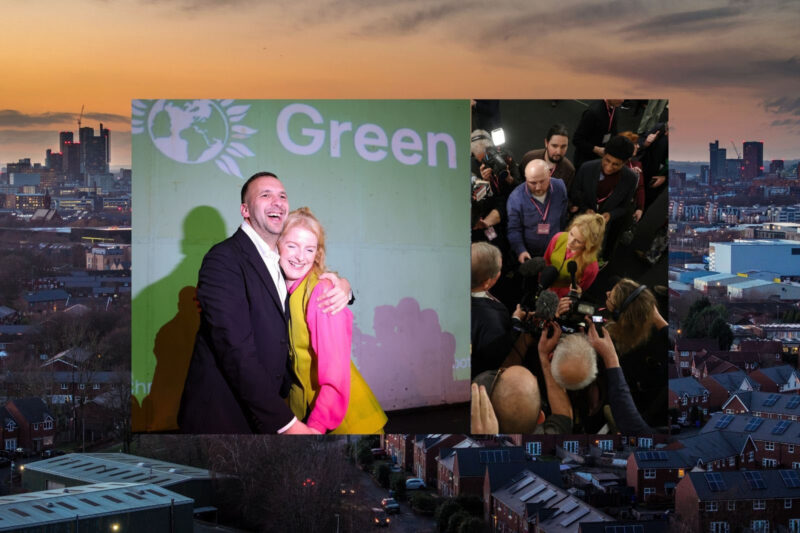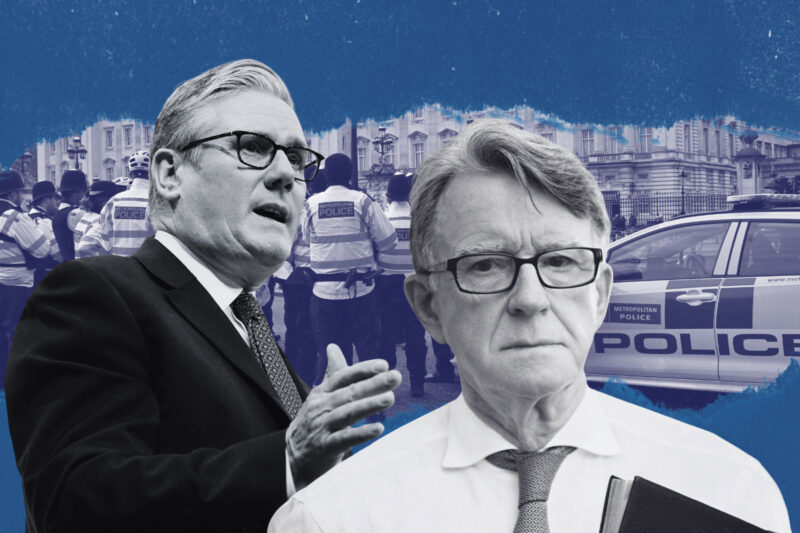There’s no such thing as ‘the Muslim vote’. Understanding that is vital for our democracy
Gaza has brought people together, but analysing ‘Muslim voters’ without talking about their class differences is just hollow identity politics
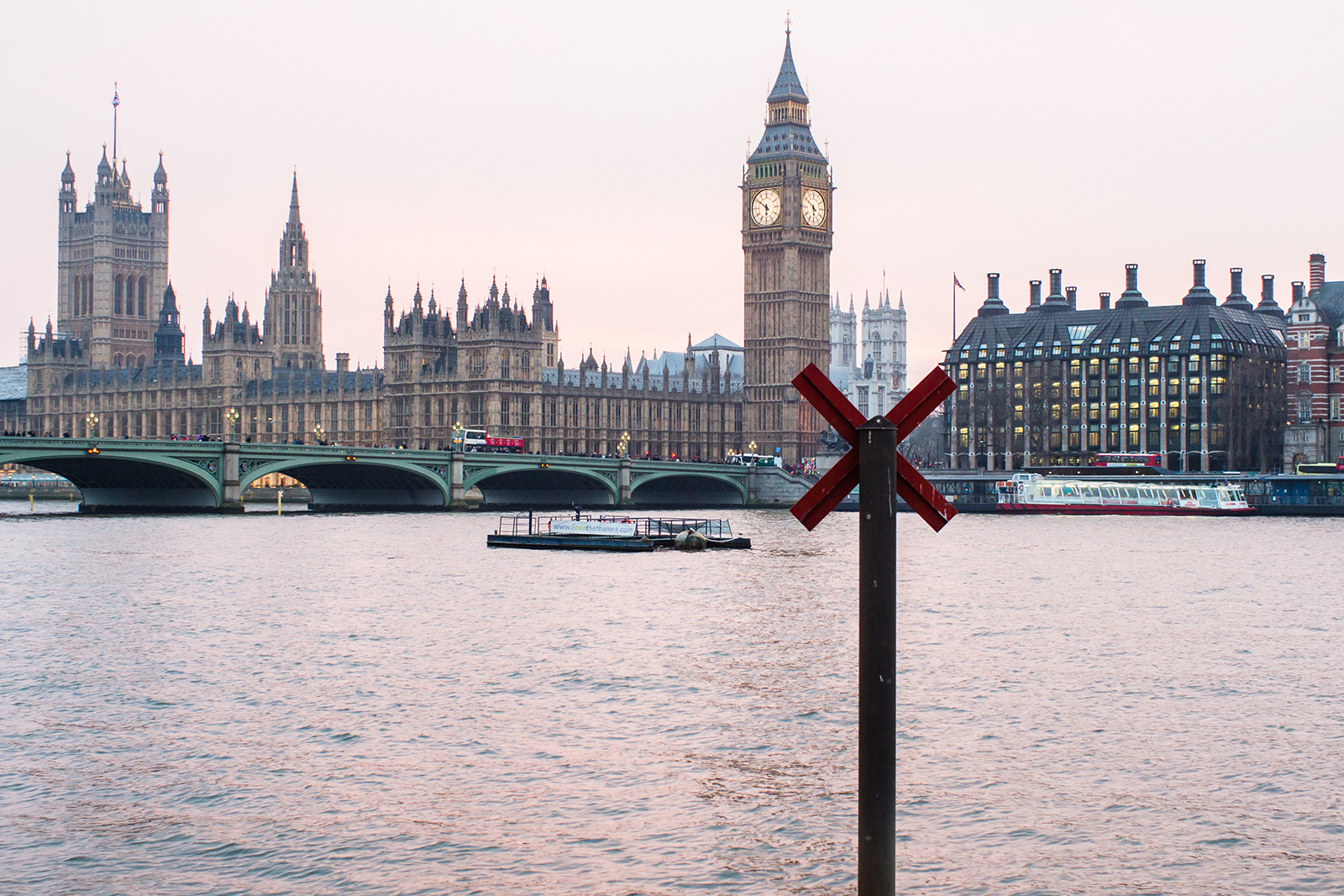
If you take a stroll through Bury Park, the heart of Luton’s Muslim community, the Palestinian flags are hard to miss. Proudly displayed on storefronts and in the windows of terraced houses, they show that this is a community in solidarity with the Palestinian people.
It’s a sunny June afternoon, and a pro-Palestine demonstration is taking place on Dunstable Road, the vibrant and busy thoroughfare in the inner-city district. The area is home to sari shops, greengrocers, halal butchers and nearly a dozen mosques.
Israel’s latest offensive, which has seen more than 37,000 Palestinians killed in Gaza, has radically transformed the British political landscape, not least because our political class has been behind the curve on the issue. From Labour’s initial refusal to support a ceasefire to the controversial comments of party leader Keir Starmer, seen by some to be endorsing the collective punishment of Palestinians, there is widespread anger with the party that just a few years earlier was supported by 86% of British Muslim voters.
Around 100 councillors have quit the party over the issue since 7 October and, in recent local elections, Labour lost support in traditional working-class strongholds such as Oldham, Blackburn, Newcastle and Rochdale. Analysis for ITV News found that, in wards where more than 70% of the electorate were Muslim, Labour’s vote share dropped by 39 percentage points.
The party is treating more than a dozen Labour strongholds with large Muslim populations as battleground areas owing to a string of independent challengers seeking to capitalise on the discontent. Luton, where a third of the population is Muslim, is one of those areas.
But while Gaza has united British Muslims in their anger, on the vast majority of issues they rarely speak with one tongue.
On Bury Park Road, Britain’s established Pakistani and Bangladeshi communities rub shoulders with newer arrivals from Somalia, Syria and Afghanistan. In recent years, Bangladeshi-Italian migrants have set up a number of coffee houses. Down the road is the Kokni community centre – catering for the town’s Konkani Muslim community which hails from the state of Maharashtra on the West Coast of India. A similar community centre caters to the sizable Turkish community.
In many ways, Luton serves as a microcosm of Britain’s Muslim community, which numbers nearly four million. It is diverse not just in its ethnic composition but in its religious outlook too: there are Sunnis and Shias, Deobandis and Barelvis, Sufis and Salafis.
Since the so-called “war on terror” and the associated rise in Islamophobia, British Muslim identity has become more pronounced. This comes as no surprise; when British Muslims are attacked as Muslims, they are inclined to defend themselves as Muslims. But Muslims have multiple identities that profoundly shape their political outlook.
From social attitudes to social class, British Muslims are as diverse as any group. While some would proudly consider themselves liberals, others would deem the term an insult. Growing up in Luton, I knew of Pakistani landlords exploiting Pakistani tenants and Bangladeshi bosses exploiting Bangladeshi workers. Hollow identity politics devoid of any understanding of class will fail to explain such problems, let alone provide any solutions for dealing with them.
In electoral terms, Luton is a red blob surrounded by a sea of blue. This isn’t coincidental. It is a post-industrial town that has suffered decades of deprivation and decline under successive Conservative and Labour governments. Like many working-class communities, it voted to leave the European Union in 2016. Many of those who supported the Leave campaign were themselves from migrant communities – another nuance that was largely lost in political analysis in the aftermath of the EU referendum.
The result was seen as a revolt of “the white working class” – a term that was increasingly deployed in political discourse. The Asian working class, Black working class and Muslim working class hardly got a mention – despite the working class being both multiracial and multifaith.
Nearly half the children in Luton are growing up in poverty, with the two-child benefit cap disproportionately affecting Bangladeshi and Pakistani households, according to a report by the Child Poverty Action Group. Here, race and class intersect – and neither of our major parties appears keen to address it.
If you were to knock on doors on my road and ask my neighbours what they care about, they’d tell you how annoyed they are about – as well as Gaza – the council moving bin collections from weekly to fortnightly, the lack of parking and the abundance of potholes. They’d also raise concerns about knife crime and the lack of shops in the town. You’d likely hear about the childcare crisis and the scarcity of jobs for their kids.
But while I was at Warwick University, surrounded by far more middle- and upper-class Muslims, the discussion differed. Here, I’d often engage in fierce debate with the children of doctors, lawyers and bankers on all matters ranging from taxes to tuition fees. Some said they would be inclined to vote Conservative had it not been for the widespread Islamophobia within the party.
Any analysis of British Muslims must account for these competing interests and contrasting fortunes. And any form of political organising that cannot transcend the narrow confines of identity is doomed to failure. Communal politics is no substitute for coalition-building across communities.
For many years, political parties have treated British Muslims as a monolith. Labour has often approached British Muslims through the prism of so-called community leaders, hoping they can deliver a bloc vote. Such engagement has often involved meeting an imam in a mosque, discussing a select few matters of faith, getting a photo-op and almost always excluding women. But when the masses are politicised over issues such as Gaza, that system comes undone.
Political parties are increasingly being forced to engage with a plurality of voters — many of whom feel like they have been taken for granted for far too long. Votes will have to be earned and minority communities, including Muslims, will have to be listened to. This can only be a good thing for our democracy.
 Newsletter
Newsletter



